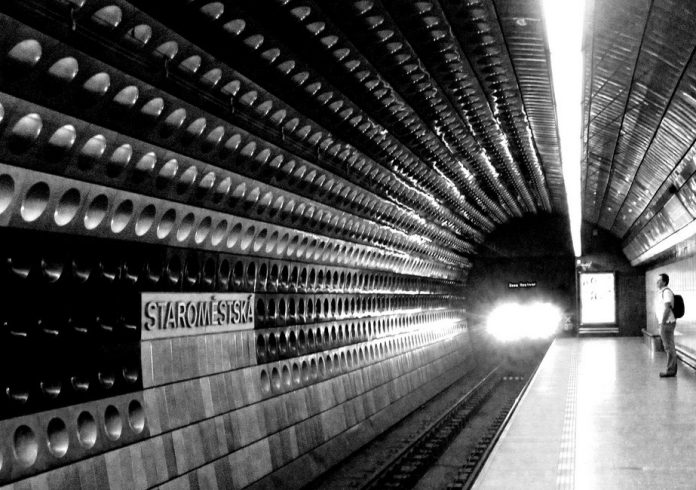The Czech Republic is under pressure to enact emergency legislation to address the country’s mounting debt crisis which has left thousands at the mercy of aggressive debt collectors.
The parliament is slated to vote on a new bankruptcy law this month after the Czech senate rejected an earlier proposal as too weak to tackle a crisis that critics say has left a trail of blighted lives and broken marriages.
As reported by the Guardian, there are some 863,000 Czechs – out of a population of 10.6m – facing paralysing demands after debt collectors ordered their bank accounts frozen and their incomes slashed on behalf of creditors determined to pursue outstanding dues regardless of ability to pay. Some 150,000 people have 10 or more outstanding debts for amounts they can never hope to pay. Many face inflated fines for not having valid tickets on public transport, often when they were children. Around 6,000 Czechs face debts from fines incurred when they were minors, mostly for being caught on trams or metro trains without tickets.
The inflating of unpaid accounts with fees and penalties became commonplace after a 2001 reform ushering in a system of private bailiffs, who collected debts that had proliferated during a credit boom after the downfall of the communist regime in the former Czechoslovakia in 1989.
While debt recovery rates increased, anti-debt campaigners point to abuses exacerbated by competition among the 150 private bailiffs – some of whom are notorious for entering homes and seizing property, including children’s toys – and their close relationship with politicians, who have turned a blind eye to excesses, reported the Guardian.

